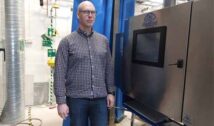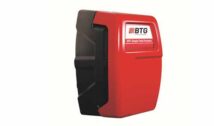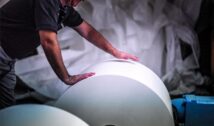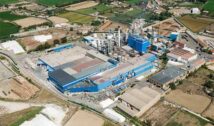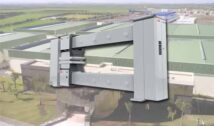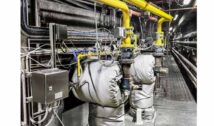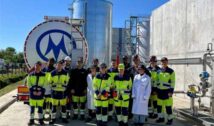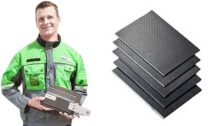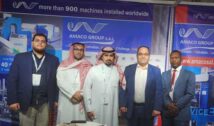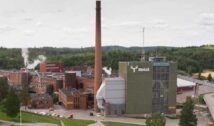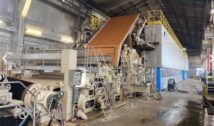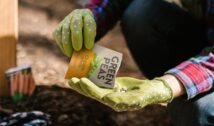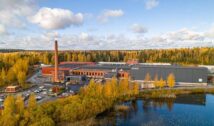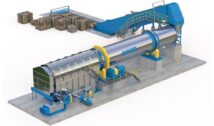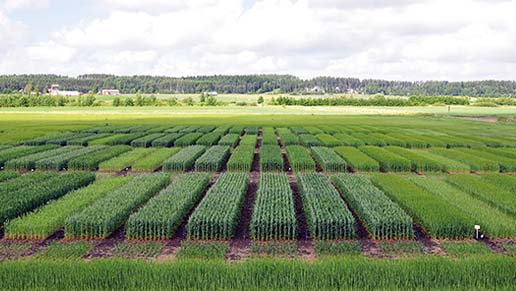
UPM’s and Yara’s joint nutrient recycling project has been completed. The Finnish Ministry of the Environment granted funding to this project under the Raki 2 nutrient recycling programme to investigate the possibility of developing a functional and cost-efficient recycled fertiliser for industrial-scale production. During the project, the companies developed an organomineral fertiliser with moderately good yield results. As the production process turned out to be both technically and financially challenging, no profitable business could be generated from the project.
The research and development was carried out at the UPM Research Centre in Lappeenranta, Finland and at Yara’s Research Station in Vihti, Finland and Reseach Center in Hanninghof, Germany. During the project, the sludge generated from pulp and paper manufacturing processes was dried and complemented with mineral nutrients that are easier for the plants to utilise. Finally, the product was pelletised to facilitate transport, storage and spreading.
The pot trials conducted in Hanninghof determined how well ryegrass is able to utilise the nitrogen and phosphorus derived from sludge, which, in turn, has a substantial effect on the quality and yield of the crop. The results showed that ryegrass was only able to utilise approximately 40 per cent of the total nitrogen and phosphorus in sludge, whereas the percentages for mineral nitrogen and mineral phosphorus were approximately 80 per cent and 70 per cent respectively. Field trials conducted at the Kotkaniemi Research Station showed that the yield from recycled fertiliser was 20 per cent lower compared to mineral fertiliser with an equivalent amount of total nitrogen. The proportion of nitrogen derived from sludge was 20 per cent, at most. In practical field trials, the size and durability of the recycled fertiliser pellets proved to be a challenge for the fertiliser spreaders used today. Further product development is therefore still needed.
“The objective set for our collaboration project was to develop an effective, industrial-scale nutrient solution, in which recycled fertiliser plays a part in producing clean domestic food profitably with minimum environmental emissions”, Timo Räsänen, Commercial Director, Yara Suomi says. “Recycled nutrients are part of the nutrient solutions of the future. We will together with UPM utilise the learnigns from the project and continue developing the further end-uses for sludge”,Timo Räsänen says.
“The Raki2 programme has built a strong framework for industrial collaboration, and has sped up the practical research to establish sustainable end-uses for sludge”, Esa Laurinsilta, Director of Strategic Partnerships at UPM says. “We have gained high volumes of valuable research data that both companies can utilise in the future – either in collaboration or separately – for raw-material processing and product development. Public funding plays an important role in enabling groundbreaking circular-economy projects, and together with Yara, we would like to thank the Finnish Ministry of the Environment for sharing the financial risk with us”, Esa Laurinsilta concludes.


